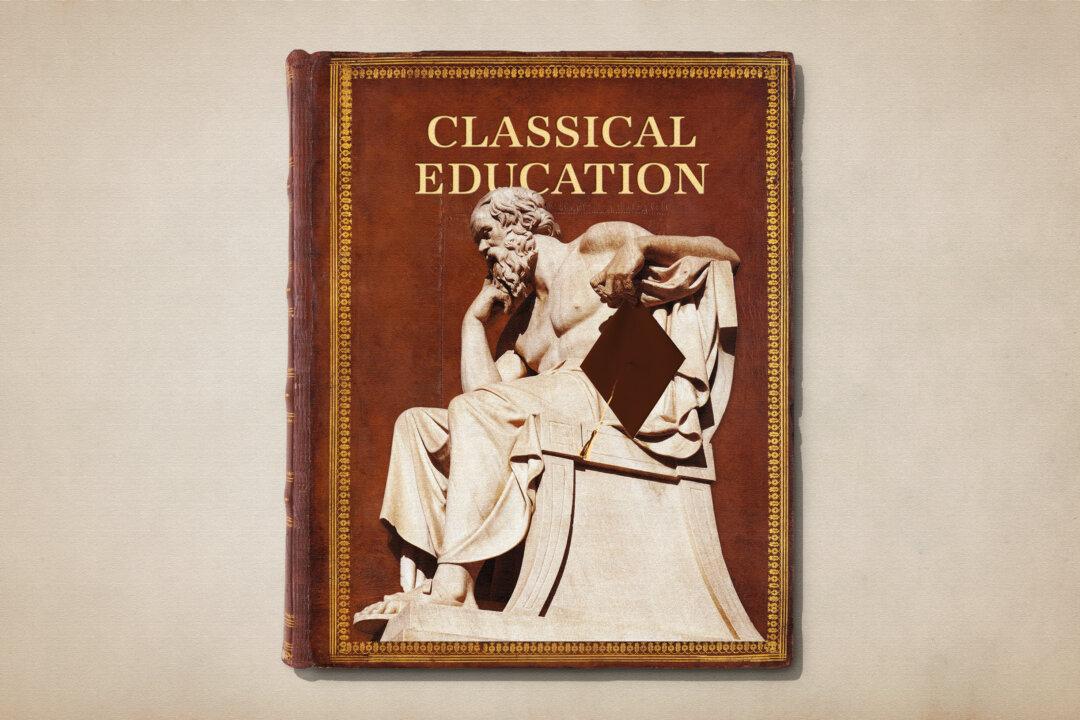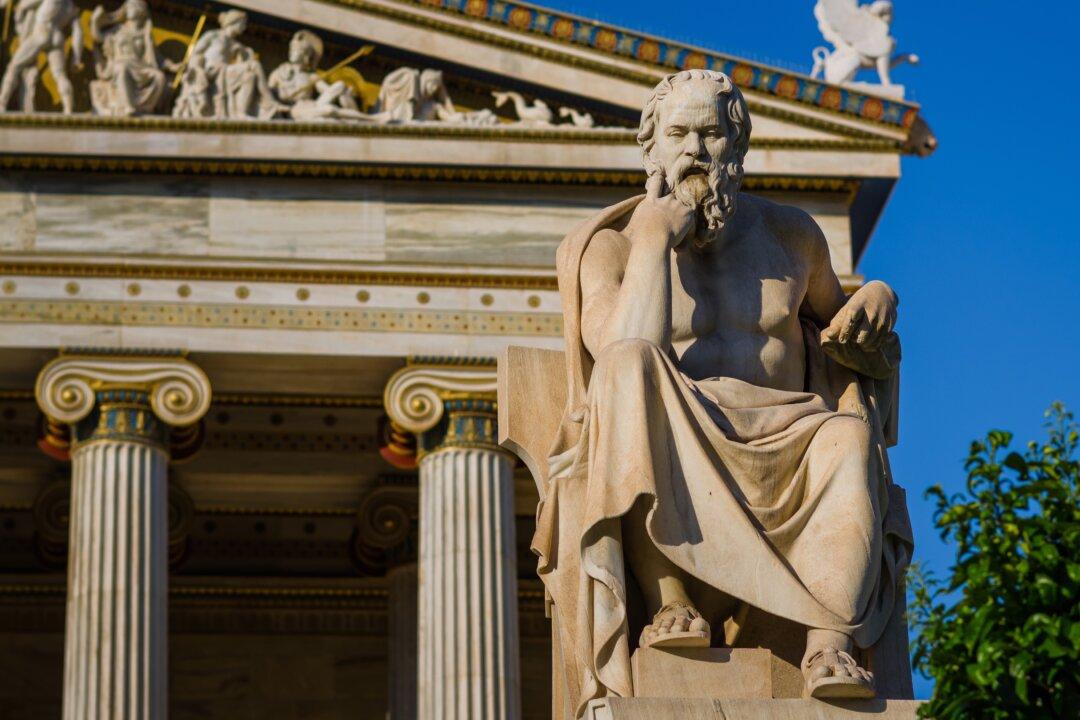Commentary
A strange thing is happening in cultural and educational institutions in the United States. We hear a lot about populist disgust with academia, state bureaucracies, media, and other elite spheres. At the same time, however, we see literal elites themselves trash those institutions, often while occupying high posts within them. They label Trump voters ignorant and anti-intellectual when those individuals echo the president-elect when he calls the networks fake news and the campuses’ centers of indoctrination, but some of them turn around and level even worse charges at the very places in which they’ve climbed the ladder and achieved remarkable success.





